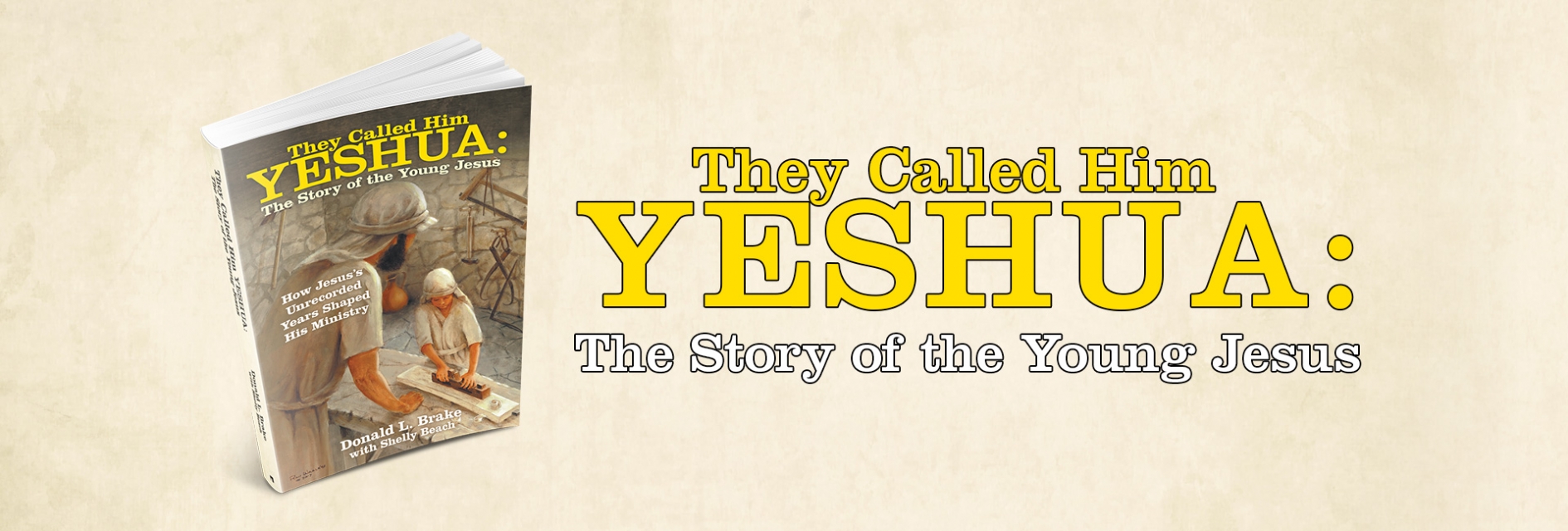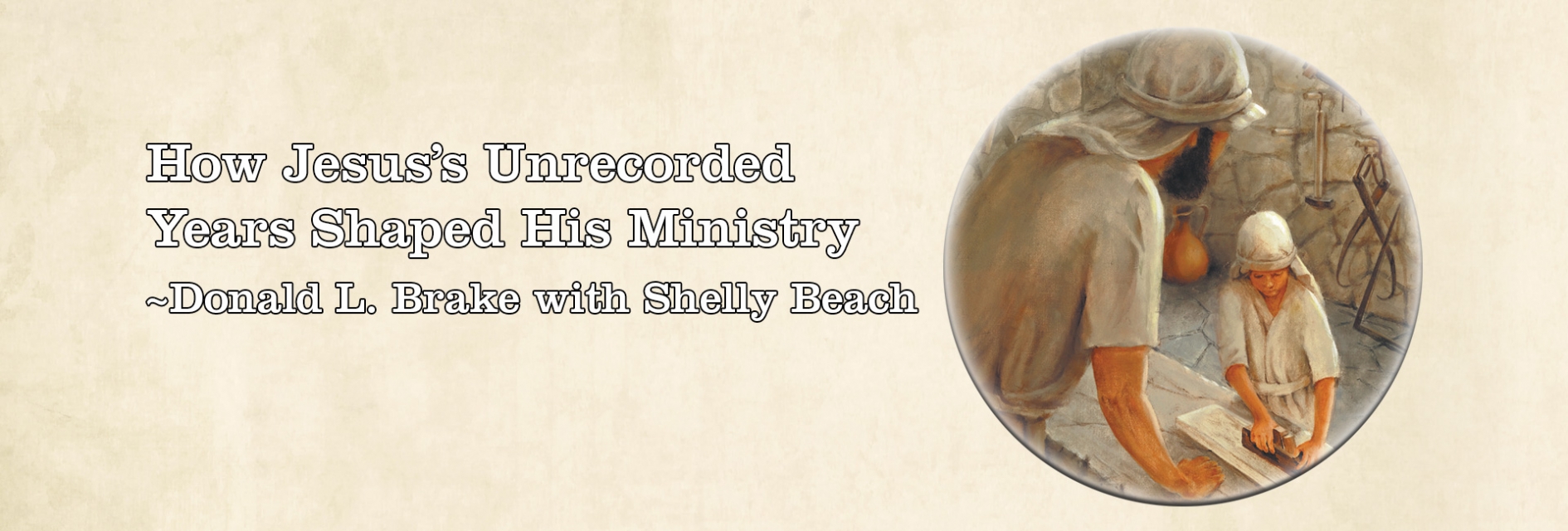Lewisville, Texas: I was staring at my latest accusation—a rare 1549 Tyndale New Testament Bible. An inner surge of happiness gave way to an outward grin that crept across my face. My eyes were transfixed as if looking at a priceless jewel. I could barely conceal the joy that engulfed me.
Not only is it a rare specimen, but it came from the collection of my Bible collecting mentor and friend, Dr. Charles C. Ryrie.
Dr. Charles C. Ryrie – theologian, Bible collector, friend
Dr. Ryrie passed in 2016. Much like the death of friend and bookseller, Les Walker, a large hole was left in my Bible collecting enjoyment. Dr. Ryrie was a special man. He taught Bible and theology at various colleges and the Dallas Theological Seminary from 1947 until his retirement in 1986.
He authored 32 books selling more than 1.5 million copies including his most popular the Ryrie Study Bible. His love for the Bible and its message directed his life.
He once famously said,
“The Bible is the greatest of all books; to study it is the most noble of all pursuits; to understand it, the highest of all goals.” – Ryrie Study Bible
Dr. Ryrie and a lifelong journey of Bible collecting and knowledge
I first encountered Ryrie’s passion for rare Bibles and Greek manuscripts as a student at Dallas Theological Seminary. Our small class sat in a semi-circle peering at our professor sitting cross-legged on the floor in his home in Dallas.
Spread out before him was his thirteenth-century Greek manuscript of the Gospels. Ryrie, in his normal soft-spoken voice and understated smile, passionately gave a short dissertation on the manuscript and its importance to the Bible we use today.
As a part of doctoral studies, students had to face comprehensive oral examinations on their theological studies from a committee of 6-8 professors trained in various academic disciplines.
Standing before Dr. Ryrie
Dr. Ryrie, Dean of Doctoral Studies, had a reputation for his interrogation style.
He had a unique ability to ask complex questions in succinct practical contexts—and then watch the fledging student try to explain.
His first questions we’re often innocuous but follow-up questions would lead the student out on a limb soon to be cut off behind him.
I was particularly nervous as I took “the stand.”
Eight somber, stern theologians, linguists, and historians gazed into my fearful eyes. The first interrogator was predictably easy—an attempt to calm anxieties. In my case, the well-intentioned plan failed.
Lewis Sperry Chafer’s seven-volume Systematic Theology
My months of trying to memorize the appropriate volumes of Lewis Sperry Chafer’s seven-volume Systematic Theology paid off. Until Ryrie’s turn to question me. His question directed my attention to the creation account in Genesis and the genealogies.

Dr. Harold Hoehner
After a number of questions, he turned to the New Testament and chronological scholar, Dr. Harold Hoehner who was charged with follow-up questions.
Dr. Hoehner is also known for his interrogations on young theologs’ views of the biblical genealogies and their impact on the age of man in Genesis.
Testing the biblical evidence for celebrating
Jesus’ birth December 25th
All doctrinal students were warned of his favorite topic and his unique views. However, it was quite another thing to face his analytical mind. The debate was on. Back and forth we went with arguments and counterpoints, each attempting to prove our point.
It was Ryrie, listening intently, who finally called a truce with the words that I have treasured for more than forty years, “Okay, okay, Don, you have argued your point very well.”
With those encouraging words, we pressed on to other examiners and their scholarly areas. The rest of the time passed slowly but without further confrontations, in fact, I don’t remember much of the rest of the exam.
Dr. Ryrie began collecting Bibles in the 1960s.
Over the years he systematically and quietly amassed one of the most extensive collections of rare Bibles and manuscripts since the late nineteenth century. As a very private man, few knew of his library until his collection was exhibited at Bridwell Library of the Southern Methodist University in Dallas in 1998-99.
His catalog prepared for the exhibit, Formatting the Word of God, has become a treasure trove of collecting information.
I sat in my study silently pondering the importance of William Tyndale’s remarkable translation of the New Testament and nostalgically recalling my times with Dr. Ryrie.
We would share new accusations and discuss the importance of each new volume. Often we would “humbly” boast of our “good deals” or the adventure of how we came by the treasure.
An English bookseller of rare bibles changes a young bibliophile’s life
They were times I now cherish. No longer of just my teacher, but a fellow collector and friend.
I have owned several Tyndale New Testaments that are now in museums: a 1536 edition is on display at the Dunham Bible Museum and a 1552 copy rests under glass at the Bible Museum in Washington D.C.
But my favorite is the well-preserved 1549 edition that once was in Dr. Ryrie’s library.




